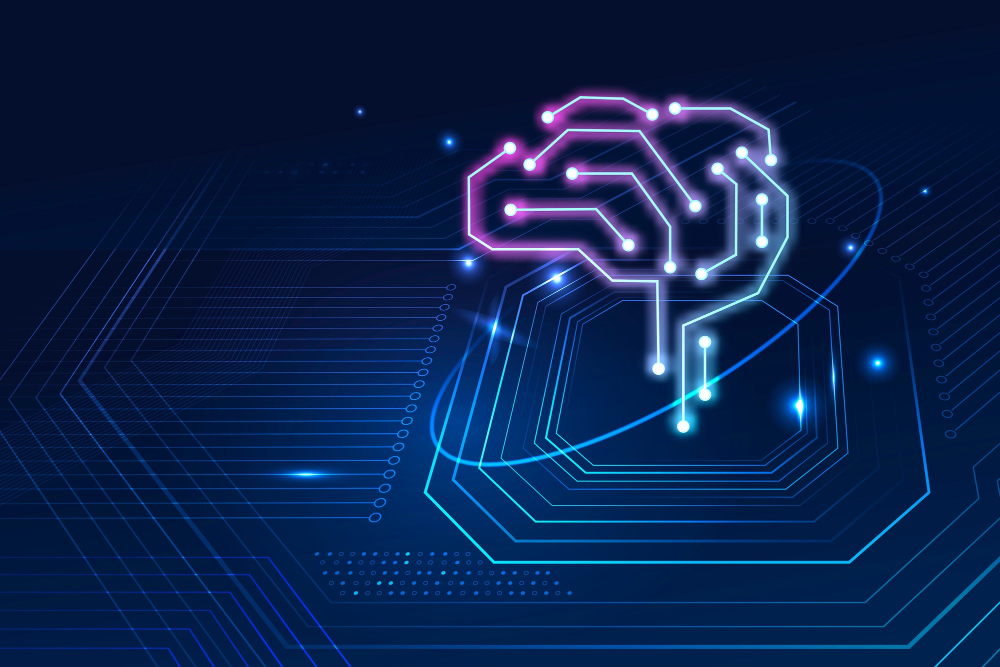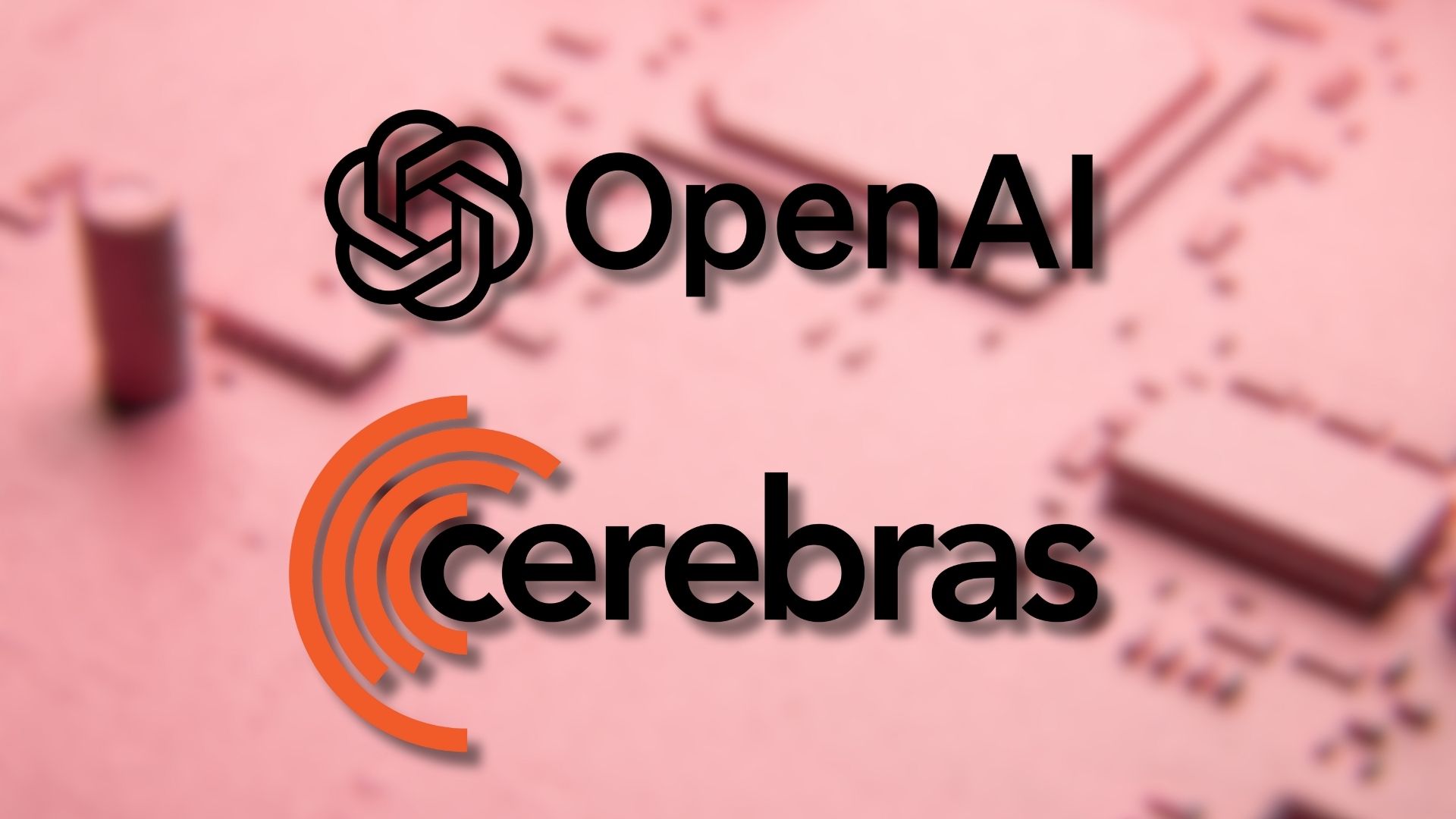Japan and the Association of Southeast Asian Nations (ASEAN) have agreed to collaborate on developing new AI models and preparing related legislation. The cooperation was formalised in a joint statement at a digital ministers’ meeting in Hanoi on Thursday.
Proposed by Minister Hayashi, the initiative aims to boost regional AI capabilities amid US and Chinese competition. Japan emphasised its ongoing commitment to supporting ASEAN’s technological development.
The partnership follows last October’s Japan-ASEAN summit, where Prime Minister Takaichi called for joint research in semiconductors and AI. The agreement aims to foster closer innovation ties and regional collaboration in strategic technology sectors.
The collaboration will engage public and private stakeholders to promote research, knowledge exchange, and capacity-building across ASEAN. Officials expect the partnership to speed AI adoption while maintaining regional regulations and ethical standards.
Would you like to learn more about AI, tech and digital diplomacy? If so, ask our Diplo chatbot!










